Poetry
-

The Barren Nothing-Place
published in
On growing up in the creases of bilingual versions of T.S. Eliot’s The Waste Land
-

Moscow on the Med
published in
Two winters in Istanbul. If you are a holder of a Russian passport, there are few places in the Western hemisphere that you can go without a visa.
-
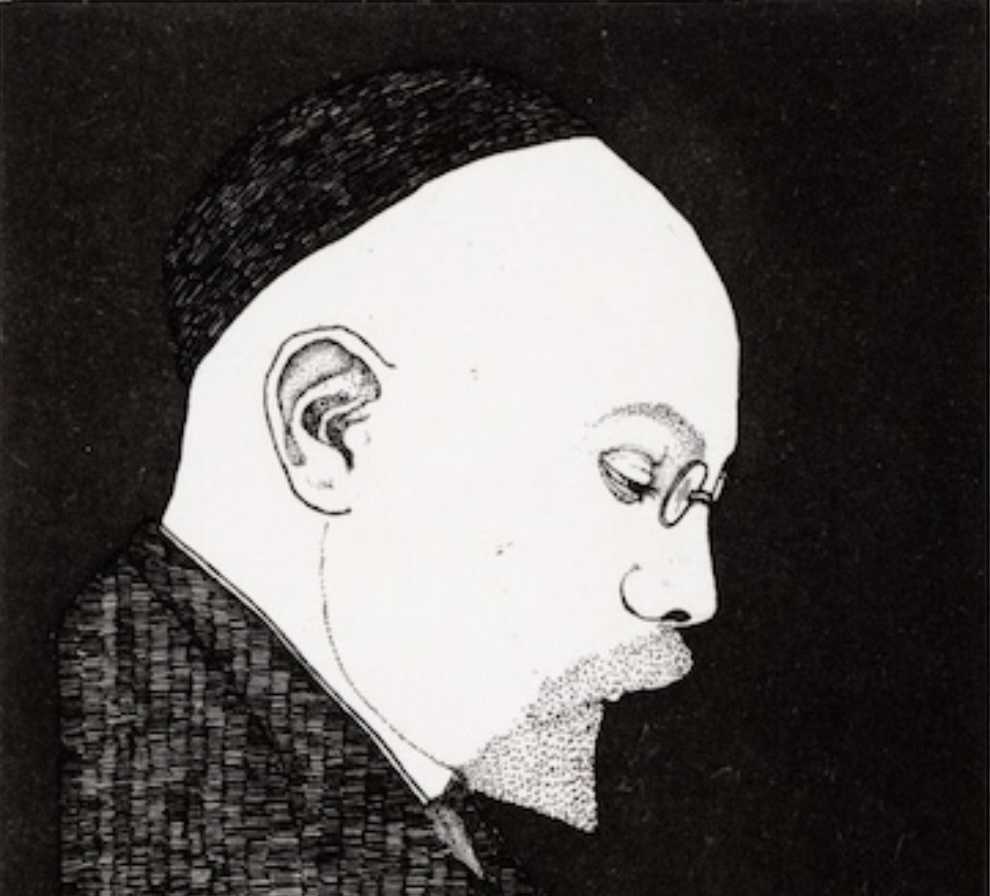
The size of longing
published in
On Jacob Israël de Haan’s Palestine and Arnold Zweig’s novel of post‑Zionist disillusionment
-
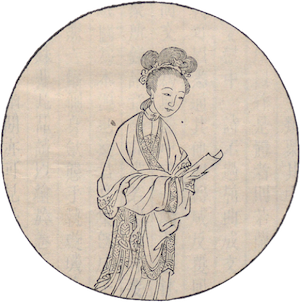
Two palindromes
published in
→ Setting of the Sun at West Mountain / Puffing & panting ←→ Worm-eaten Rimbaud / Always knowing whom ←
-

-

Beamer, Dressman, Bodybag
published in
On the unexpected joys of Denglisch, Berlinglish & global Englisch. « My own language, made camp. »
-
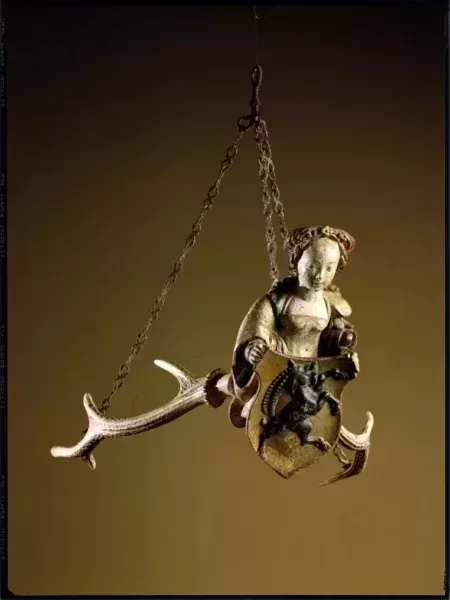
No money off a dead woman’s body (& other poems)
published in
« I like my tyrants like I like my heroes. That is, crushed by a giant chandelier. »
-
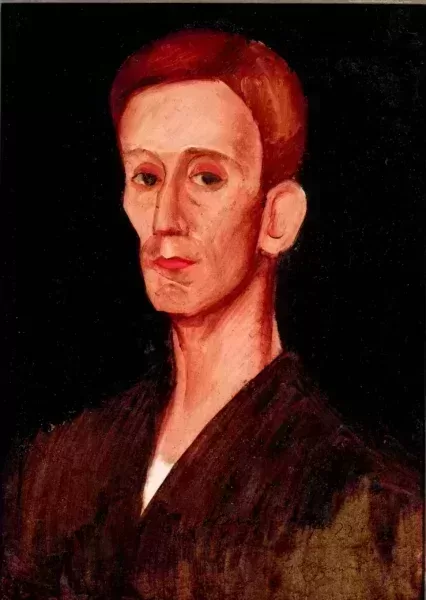
When the world makes rags of us
published in
He spoke of painting like a starving man speaks of food. On Józef Czapski, Memories of Starobielsk and the art of observation.
-

Of human children & language children
published in
The first word I ever wrote was stsikukha: « pisser ». This is how my nanny Frosya called me to my face. On poetry and pathos in a bastard tongue.
-
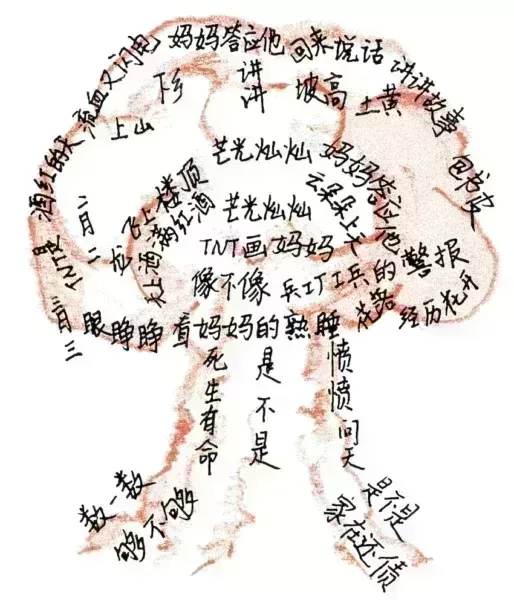
Two palindromes
published in
→ → Pursuing / you lead me to come to the future.← ← coming to the future, I lead you / demanding.
-
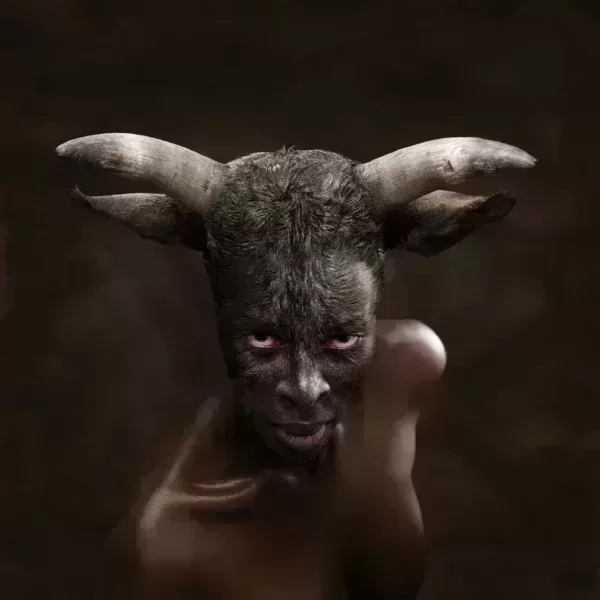
Europas & bulls
published in
A logo might start as a designer’s whim. Only then does one look for meanings to fill it with. On Europas: mythic, artistic, fictional, political, psychological, satirical, and finally unfinished.
-
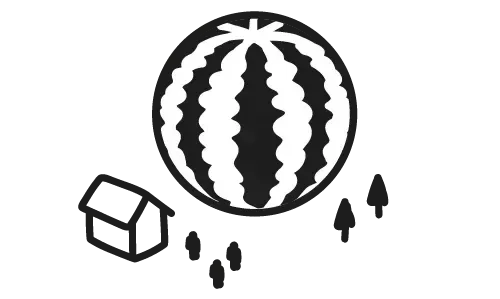
Woman is space
published in
« Space », or prostranstvo, is a key word for understanding the literary and philosophical history of Russia. Oksana Vasyakina’s Rana (Wound), a Siberian road novel, remakes the Russian landscape and the Russian novel for women’s worlds. It renders prostranstvo unruly, polysemous, queer.